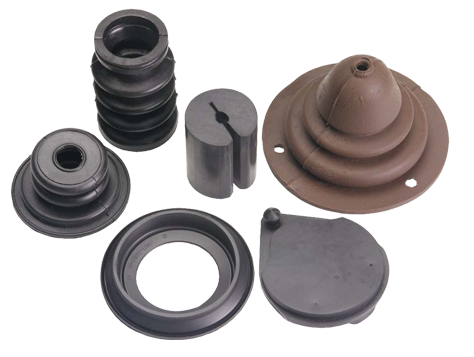Introduction to Sustainable Rubber Manufacturing
With environmental concerns rising, the rubber industry is moving towards sustainable practices to reduce its ecological footprint. This includes using recycled materials, biodegradable rubber, and reducing waste in production.
Why Sustainability in Rubber Manufacturing Matters
Sustainable rubber practices reduce waste, pollution, and reliance on non-renewable resources. Eco-friendly manufacturing also meets consumer demand for greener products, appealing to industries focused on corporate social responsibility.
Arucoworld’s Commitment to Sustainability
Arucoworld integrates sustainable practices in our manufacturing processes, using recycled rubber where feasible and minimizing waste. Our facilities employ energy-efficient technologies to reduce emissions, supporting a greener production process.
Challenges and Future Trends
Transitioning to fully sustainable rubber is challenging, especially in balancing durability with eco-friendly materials. Innovations are focused on enhancing the performance of biodegradable rubbers without compromising quality or longevity.
Conclusion
Eco-friendly rubber manufacturing benefits both the environment and industry, reducing ecological impact. Arucoworld’s sustainable practices reflect our commitment to environmental responsibility and align with industry trends towards greener solutions.






